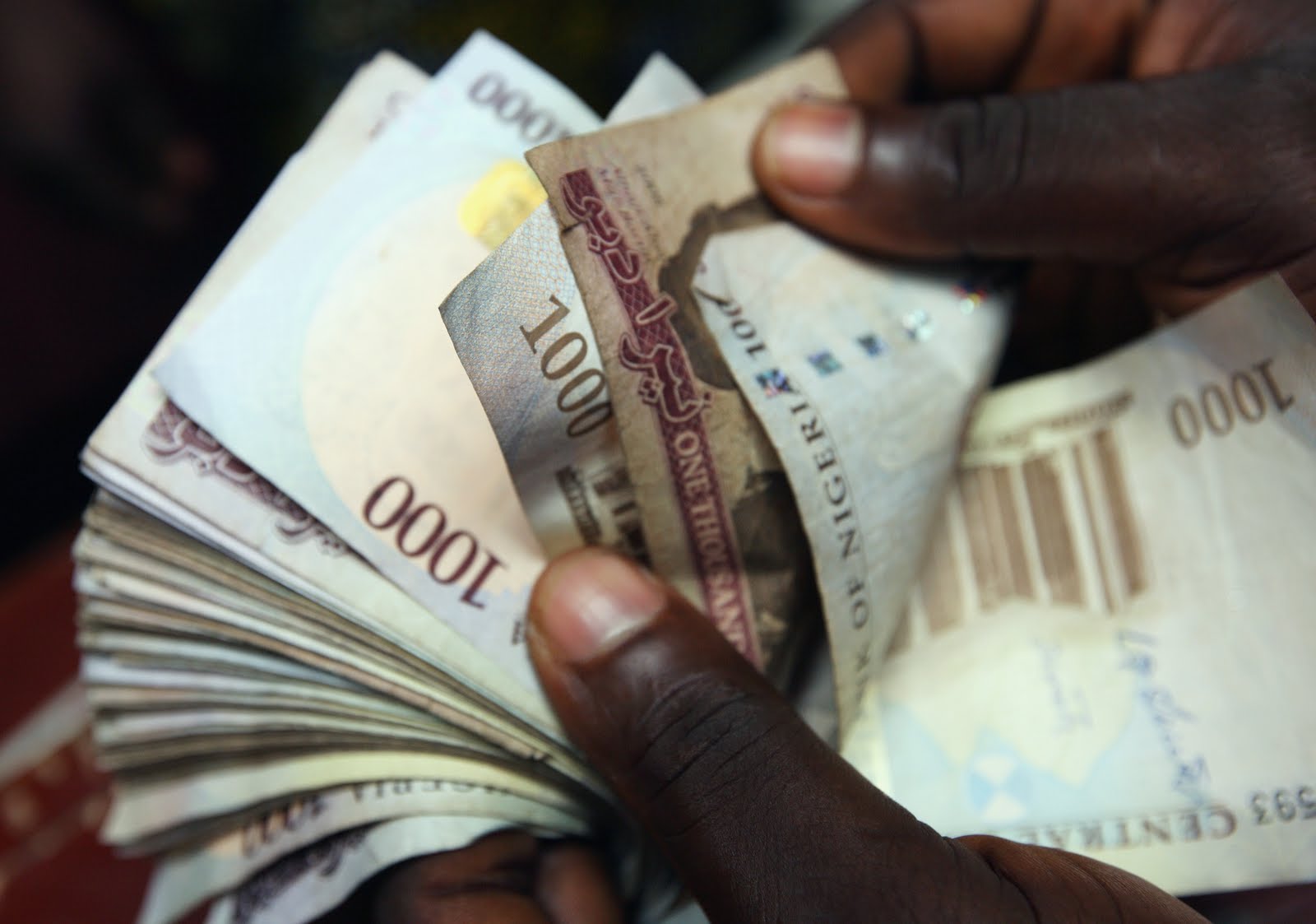The Executive chairman of Airline Operators of Nigeria (AON), Captain Nogie Meggison, said Nigeria has lost the fortunes it would have made, estimated to be over N15 billion annually, by signing lopsided Bilateral Air Service Agreement (BASA) with other countries whose airlines enjoy many frequencies into Nigeria without corresponding indigenous airlines operating into their countries.
Even the royalties that some of these airlines pay to Nigeria is insignificant to the revenue Nigeria would have earned if it had signed agreement that gives equal benefits to each country.
Nogie who is the CEO of Jed Air, gave example with South Africa Airways (SAA) and Emirates and explained that when the two airlines representing their countries signed an agreement, SAA said that it had only the capacity to operate two frequencies daily to Dubai but Emirates said it had the capacity to operate seven times to South Africa.
So SAA had to take over 40 per cent of the capacity of the extra five frequencies which Emirates is operating to South Africa as the two airlines formed partnership through codeshare.
What this means is that SAA makes fortunes from the operations of Emirates into South Africa and has 40 per cent revenue of every flight from that country.
Nogie noted that many foreign airlines that fly to Nigeria enjoy many frequencies but no foreign airline is in any interline or codeshare agreement with indigenous carriers.
He noted that as many Nigerians are clamouring for national carrier, if Nigeria established a national carrier today it would not have any market to operate from as the routes have been taken over by foreign carriers.
“Nigerians are clamouring for national carrier. The clamour is good and bad in the sense that when national airline comes in there will be no market for it to compete in. We have some airlines that have 37 frequencies from Nigeria and they (government) have signed BASA frequencies of over 70 flights to some national carrier. Meanwhile we don’t have one going there,” the AON boss said.
He lamented that not only government gave multiple frequencies to these airlines; they were also given multiple destination, which means that one foreign airline operates into many cities in the country.
“So you have given foreign airlines multiple entries and multiple city hops into Nigeria. You don’t open your flanks to anybody. When you sign your BASA with foreign airlines you restrict their point of entry and to also develop your local routes, you restrict them to Lagos or Abuja, for example and let the domestic airlines distribute for them through interline.
“But currently most of the BASA signed with foreign airlines have given these airlines multiple entries into Nigeria and into different cities. So the money that would have been made by local carriers by taking the passengers from point of entry to other airports in Nigeria has been given out to Kenya Airways, Air France, KLM and others.”
Another disadvantage he noted is that the country may not be able to grow the industry, develop the needed manpower and also create jobs for the teeming population of young Nigerians.
“Over the years Nigeria has sold out its BASA without knowing it. It is like selling one’s inheritance. It is a birth right that we have.”
He also noted that over the years it has been found out that for some reason or other the BASA has not got input from the aviation side to protect the aviation rights,” but if BASA is supposed to be a treaty that is mutually benefitting between two countries. What we are doing is that we are signing equal rights with an unequal partnesr.”







